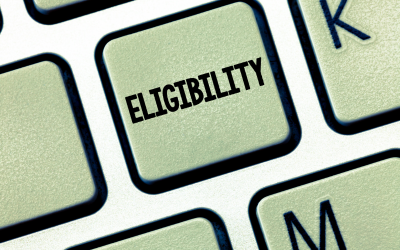What are Collateral Loans and Where Can You Get One
In times of financial need, many individuals and businesses seek reliable sources of funding. One such option that often comes into play is a collateral loan. Also known as secured loans, or bridge loans, collateral loans provide borrowers with the opportunity to leverage their assets as collateral for borrowing money. In this blog, we will explore the concept of collateral loans, discuss the types of collateral accepted, and provide insights into where you can obtain one.

Understanding Collateral Loans: Collateral loans are a form of borrowing that requires borrowers to pledge an asset as security or collateral against the loan. This asset acts as a guarantee for the lender, offering assurance that if the borrower defaults on the loan, the lender can seize and sell the collateral to recoup their losses.

Types of Collateral Accepted: The assets accepted as collateral can vary depending on the lender and the nature of the loan. Here are some common types of collateral that lenders may consider:
- Real Estate: Properties such as homes, land, or commercial buildings are often accepted as collateral for larger loan amounts.
- Vehicles: Cars, motorcycles, boats, or recreational vehicles can serve as collateral, typically for smaller loan amounts.
- Financial Assets: Investments, stocks, bonds, or certificates of deposit (CDs) can be used as collateral in certain cases.
- Valuables: High-value items like jewelry, art, collectibles, or luxury watches can be used as collateral, though these loans may be offered by specialized lenders.

Where to Obtain Collateral Loans: Several financial institutions and lenders offer collateral loans. Here are a few common sources to consider:
- Banks and Credit Unions: Traditional banks and credit unions often provide collateral loans to their customers. They typically have structured loan programs and competitive interest rates. Contact your local branch or visit their website to inquire about the process.
- Online Lenders: In recent years, online lending platforms have gained popularity for their convenience and accessibility. Websites like LendingClub, Prosper, or Peerform offer collateral loans, allowing borrowers to apply online and receive funds directly in their bank accounts.
- Pawn Shops: If you have valuable items like jewelry, electronics, or instruments, pawn shops can offer collateral-based loans. These loans are typically short-term, and the amount provided is a percentage of the item's appraised value.
- Specialized Lenders: Some lenders specialize in providing collateral loans for specific types of assets. For example, there are lenders who focus on vehicle title loans or loans secured by luxury assets like watches or art. These lenders often have different requirements and processes compared to traditional banks.

Important Considerations: Before pursuing a collateral loan, there are a few factors to keep in mind:
- Interest Rates and Terms: Compare the interest rates, repayment terms, and fees associated with different lenders. It's crucial to understand the total cost of borrowing and evaluate whether it aligns with your financial situation.
- Loan-to-Value Ratio: Lenders typically offer a percentage of the asset's appraised value as a loan. This loan-to-value ratio may vary, so ensure you understand how much you can borrow against your collateral.
- Risk of Collateral Loss: Defaulting on a collateral loan could result in the loss of the pledged asset. Consider this risk carefully before committing to a loan and ensure you have a solid plan for repayment.
Collateral loans provide a viable option for individuals and businesses in need of financing. By leveraging valuable assets, borrowers can access funds and secure more favorable terms. However, it's essential to weigh the risks and benefits, compare options from various lenders, and choose a collateral loan that aligns with your financial goals and capabilities. Remember, always read the terms and conditions carefully and seek professional advice.



